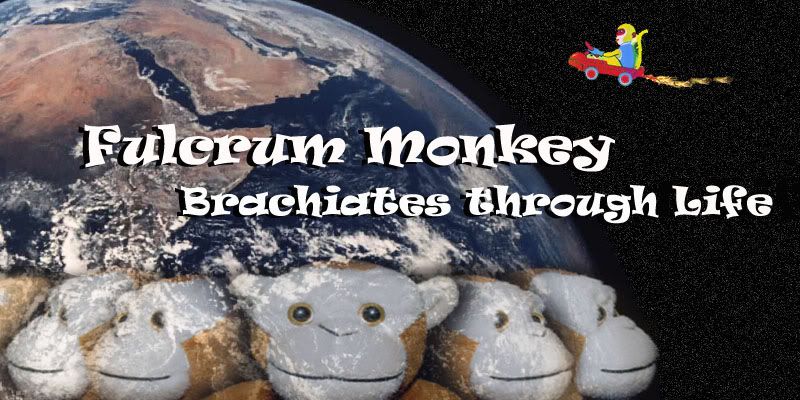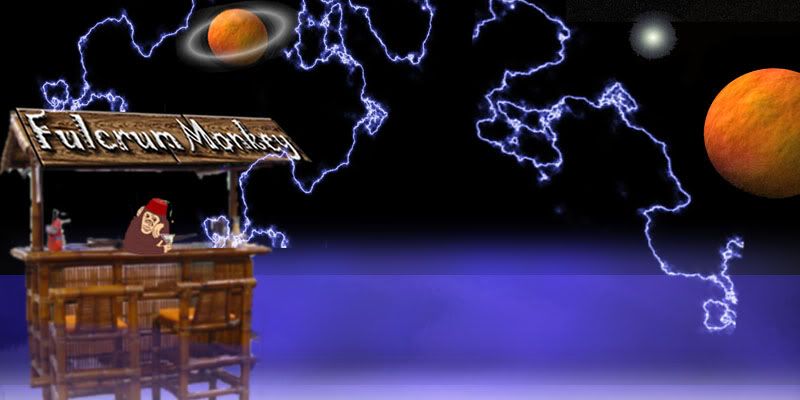It’s not insomnia if you’ve just moved your awake window to different up and down times on the clock. Still, it’s two a.m. and I’d rather be asleep. I was under deadline pressure to grade twenty or so papers for my online classes so I drank a bunch of coffee to get through it. Now I’m a day ahead now in my grading, but also wired for sound. I’m told that this part of the day, between two and three in the morning, constitutes the hour of the wolf; when all your worries come to you and feed on your heart. Worries in the dark are not an altogether pleasant experience. I envy the faithful the comforts of their faith.
When I was just starting college a friend of mine from high school, Kurt, died. We hadn’t been close friends, but I knew him well enough to feel connected to him and to feel a sense of loss at his passing. He was a freshman at Washington University and his father was a Unitarian Minister here in St. Louis.
Kurt had been fighting cancer as long as I’d known him and the Leukemia had come out of remission amid the stressors of that first semester. Many of the people who spoke at the funeral had only known him a short time, shorter than me, but they talked about how his passion for living had touched them and would live on in them. They said the sorts of things that people say at funerals for the young, when no one knows what to say and there is no right thing or sense of a release from long suffering, just possibility denied.
Kurt’s father gave a sermon in Graham Chapel where he eulogized his son’s passing in terms of Pascal’s wager. If you’re unfamiliar, the wager rests on the notion that the betting man bets on religious faith because you have everything to gain and nothing to lose. He said he knew that most of the people in the audience were not religious, but that Kurt was, and that this logic had appealed to him.
It’s always struck me as an odd philosophical rope to tug on in that public farewell and on nights like this I sometimes try to cipher out the sums of his intention. Unitarians are not a particularly evangelical lot, so the notion that he was making the best of a tragedy and trying to win souls doesn’t add up. I think he was both offering and seeking what comfort his reason could provide for him: that it makes sense to bet that there is something more to life than the inevitability of the grave, because one has nothing to lose in the final outcome of that wager.
Of course one can lose a great deal by saying that this life matters only as a preamble to some next life. That kind of thinking can tempt generals to bring about their version of the end times in a radioactive haze or allow the steady loss of environmental treasures under the hallucinatory assumption that there will be a new heaven and a new earth, that we can destroy what we like because God will just flood us out and start again. Billions of lives have simmered in this hope deferred, when they might have burned brightly in creativity or generosity of spirit.
As I think about this I keep returning to the skepticism of David Hume, my favorite atheist of note, who suggested that given the fallibility of man there are many things we simply can’t know. He thought that knowing what one can’t know was freeing. He thought that logic was mechanistic and that in contrast, “the world is more like a cabbage than a watch.”
As a child I used to lie awake and imagine conversing with God after my death. I was raised Missouri Synod Lutheran so the whole vision had a patriarchal cast. I would go before God and ask my eternal father what caused the civil war and how big the universe was. I would ask him about the nature of time and why there were bad people in the world. I would ask about the color blue and how what was arose from the infinite field of possibility that must have preceded the existence of anything. I was six and my grandmother had just died. God was a friendly incarnation of PBS and I was precocious.
My fantasy was that after my death I would get absolute answers to everything, including the recursive question “why death”. My childhood definition of heaven was as the realm of honest and perfect answers, something akin to Plato’s truths.
Since that time, every earthly authority I’ve ever trusted has fallen short to the point of postmodern collapse. In the postmodern logic shuffle the act of looking for the truth shifts it beyond the knowable. Your assumptions at the outset of any grail hunt include the Guenevere of your undoing because every binarism includes a platypus. The mystics all agree that language is the fundamental barrier as language is always two, but truth is always one.
Anyway, experience mellows a person, makes the nightmares of childhood uncertainty seem far away, but I am no closer to an answer for myself now than I was then. I’ve just gotten better at putting it out of my head. We may all die alone, but for now we live together and that is some comfort, a comfort of plurality ironically inspired by a Unitarian and a sixteenth century game theorist.




0 Comments:
Post a Comment
<< Home